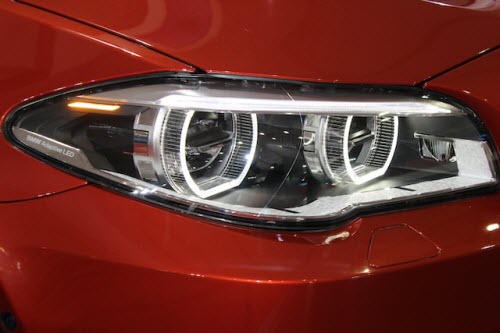Understanding the Motor Vehicles Act
The Motor Vehicles Act of 1988, along with subsequent amendments, serves as the primary legislation governing road traffic and vehicle regulations in India. While the act does not explicitly address car modifications, it empowers the central government and state authorities to prescribe rules and regulations for vehicle modifications to ensure safety, adherence to emission norms, and compliance with road traffic rules.
Legal and Illegal Car Modifications
Car modifications in India can be classified into two categories: legal and illegal. Legal modifications are those that comply with the rules and regulations set by the government, while illegal modifications are those that violate the prescribed norms. To avoid legal complications, it is crucial to familiarize yourself with the permissible modifications and restrictions.
Permissible Car Modifications

1. Alloy Wheels
Upgrading to alloy wheels is generally allowed, provided the new wheels have the same or smaller dimensions than the original ones. It is important to ensure that the modified wheels do not protrude beyond the car’s fenders, as it may lead to legal issues.
2. Tyres
Changing the car’s tyres to improve performance or enhance aesthetics is permissible, as long as the new tyres meet the required specifications and do not adversely affect the vehicle’s safety and handling.


3. Lighting
Modifications to car lights, such as installing aftermarket fog lamps, LED lights, or high-intensity discharge (HID) bulbs, are allowed. However, it is crucial to adhere to the prescribed rules regarding the position, intensity, and color of the lights to avoid causing distractions or impairing the visibility of other road users.
4. Car Wraps
Wrapping your car in vinyl or applying decals to change its appearance is generally permissible. However, it is essential to ensure that the wrap does not obscure the car’s registration plate and complies with any specific guidelines set by the local transport authority.


5. Music Systems
Installing audio systems and speakers in your car is allowed, but the sound output should be within permissible limits to prevent noise pollution and disturbance to others on the road.
6. Paint
In India, if you want to repaint your car in a color of your choice, you need to obtain approval from the Regional Transport Office (RTO) for the color modification. The Registration Certificate (RC) of your car should also reflect the updated color information. However, it’s important to note that painting your car in Army Green is strictly prohibited in India. This color is reserved exclusively for military vehicles and should not be used on civilian cars. Using Army Green on a civilian vehicle can lead to legal consequences, as it violates the regulations set by the authorities.
Car modifications can be an exciting way to personalize your vehicle, but it is crucial to ensure that the modifications comply with the legal requirements and regulations in India. Staying informed about the permissible and prohibited modifications is essential to avoid legal consequences, fines, or even the impounding of your vehicle. Always consult with authorized vehicle manufacturers, dealers, or experts to ensure that any modifications you wish to make adhere to the relevant laws and regulations. Remember, safety should always be a top priority when embarking on any car modification journey.










